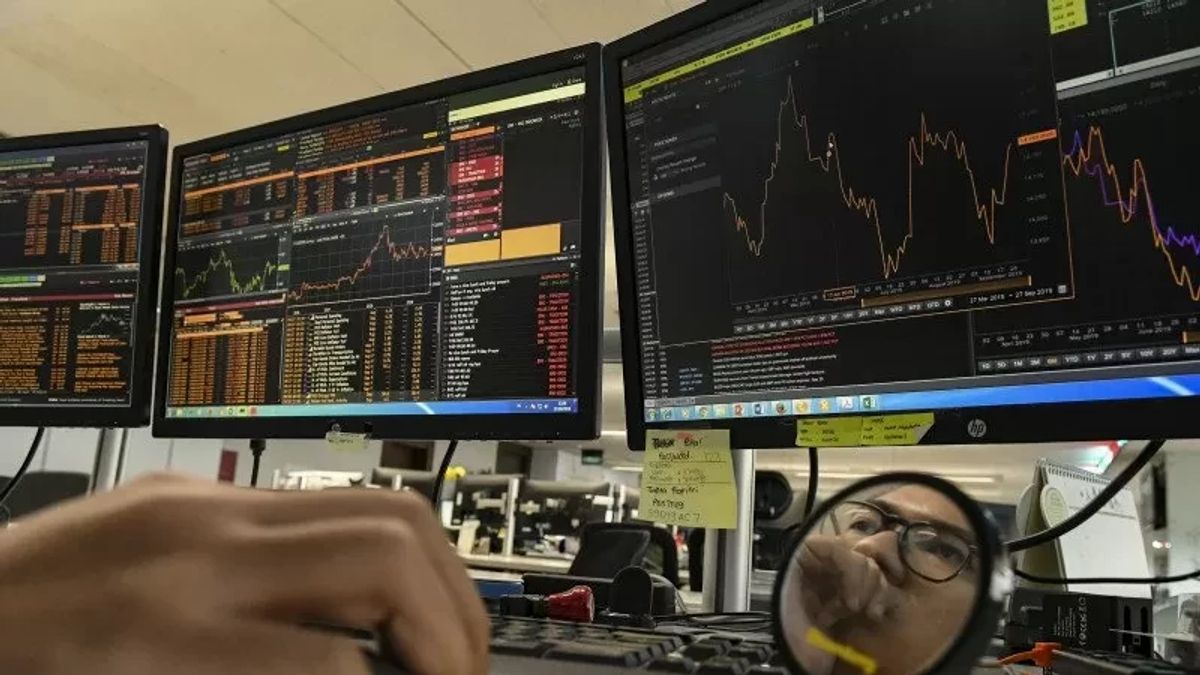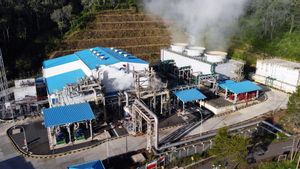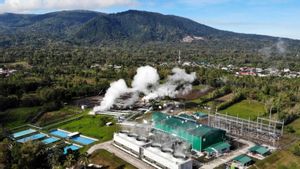JAKARTA - An initial public offering (IPO) is not the same as privatization.
Legally, according to a capital market legal expert at Airlangga University (Unair) Surabaya, East Java, Professor Mas Rahmah, the IPO refers to Law Number 8 of 1995 concerning Capital Markets. Meanwhile, privatization is regulated by Law Number 19 of 2003 concerning BUMN and Law Number 40 of 2007 concerning Limited Liability Companies.
"Obviously it's different. An IPO is a mechanism for offering company shares to the public, that's why it's called an initial public offering. Privatization means turning a public company into a private one," he said, quoting Antara, Thursday, April 6.
In addition, the shares sold at an IPO are also limited, not entirely, usually between 10 and 20 percent. Buyers of shares through an IPO also cannot become majority shareholders.
This, said Mas Rahmah, is clearly different from a privatization scheme in which the number of shares sold is not limited, they may even be entirely, causing control and management control to change from public ownership to private/private ownership.
Thus, even though there are shares sold to the public through an IPO scheme, he added, this does not necessarily change the composition of the government's shareholding in state-owned companies.
Moreover, the Government holds the golden share which has privileges so that it still has control and management control over the BUMN.
"The government can place representatives at the level of directors and commissioners so that they can still control management. In fact, the government as the majority shareholder has a voice that can determine decision-making at the General Meeting of Shareholders (GMS)," he said responding to concerns that the IPO would lead to the privatization of BUMN.
This includes, he continued, BUMN subsidiaries that are about to enter the IPO, such as Pertamina Hulu Energi. In this case, the majority share remains owned by Pertamina, which remains 100 percent state-owned. There are also Government representatives in the Board of Commissioners from the Ministry of SOEs and the Ministry of Energy and Mineral Resources.
اقرأ أيضا:
According to him, this condition is different from a large number of public investors, hundreds or even thousands of investors. Whereas on the other hand, the number of shares sold is also very small, between 10 to 20 percent.
“Thus, at the GMS the public's voice becomes small. It means nothing," said the author of the book Capital Market Law.
Mas Rahmah dismissed the notion that the sale of state-owned company shares through an IPO is contrary to Article 33 of the 1945 Constitution because apart from the company, the public also benefits from the IPO.
"So far this has been a misunderstanding. It has to be straightened out," he said in response to the assessment that the IPO is against the constitution.
Previously, the Federation of United Pertamina Workers Union (FSPPB) stated that it rejected PT Pertamina Hulu Energi's (PHE) IPO plan, because it was suspected that it would become an arena for privatization.
The English, Chinese, Japanese, Arabic, and French versions are automatically generated by the AI. So there may still be inaccuracies in translating, please always see Indonesian as our main language. (system supported by DigitalSiber.id)












